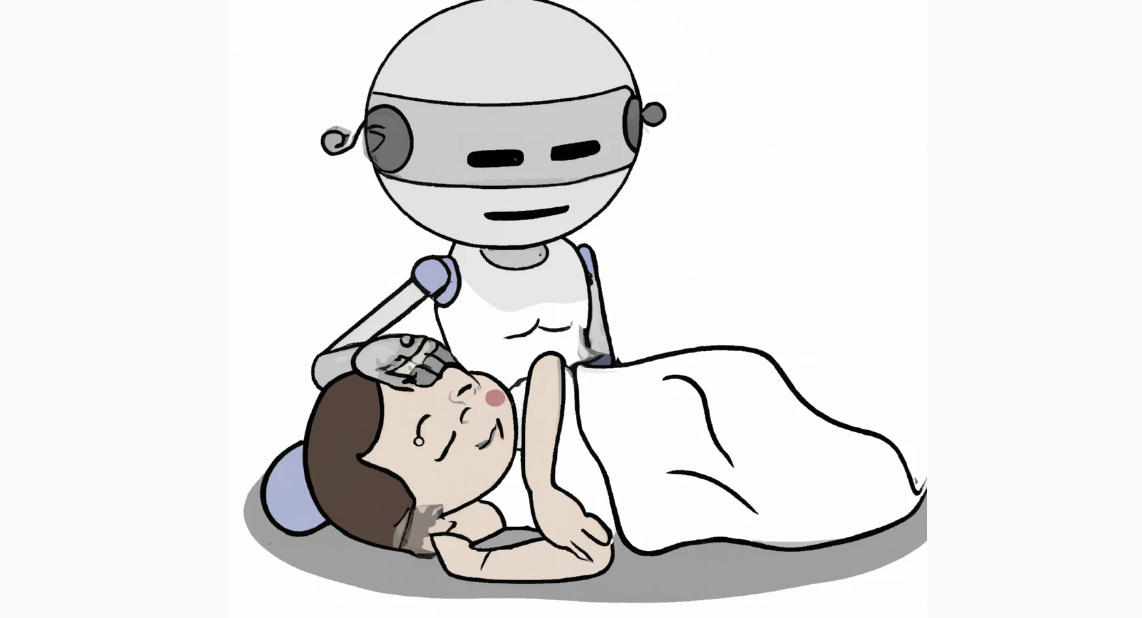Some time ago, I watched the promotional video for the Apple Vision Pro. Vision Pro is a spatial computer Apple plans to release next year. The Vision Pro goggles layer the world of our phones over the physical world, integrating the virtual world with the embodied world.
Login to read more
Sign in or create a free account to access Subscriber-only content.
Topics:
